Apple’s generative AI slumber is ending – Microsoft and Google should be on alert
Apple’s generative AI ambitions have been highly secretive, but recent developments put the tech giant in prime position for a major push in 2024 and beyond


Apple has been going about its business in the generative AI space in quintessential style over the past 15 months. While the global technology industry has been utterly saturated with AI-related hype and hyperbole, the company has been working away quietly in the shadows.

The firm’s quiet approach to generative AI has created a sense of confusion among industry stakeholders, with some previously begging the question of whether it’s focusing on the technology at all.
Tim Cook, CEO at Apple, has intermittently teased details of Apple’s AI focus over the last year. In 2023 he told CNBC that Apple views AI and machine learning as “core technologies” that will be “embedded in every product that we build”. But the initial wave of excitement over Apple’s potential in the space quickly dissipated amid silence from the firm.
Unlike its big tech rivals, Apple has seemingly been slow to invest in generative AI; but recent developments show this is less a case of sluggish investment and more reflective of its traditional approach to innovation.
In a February 2024 earnings call, the Apple chief executive said the company will “break new ground” on generative AI capabilities later this year. Exactly when that new ground will be broken remains to be seen, but there are hints at a big push toward AI by Apple from mid-2024.
While this puts it more than a year behind the competition on paper, Apple’s long been comfortable chasing quality at the expense of being first to market. It’s rare to see Apple adopt a technology first and rarer still that it fumbles product launches when they finally come around.
Why risk a rushed, calamitous launch fraught with controversy akin to Google's Bard woes when you can methodically pull together a portfolio of products and services to be sprung on the industry and blow away competition?
Get the ITPro daily newsletter
Sign up today and you will receive a free copy of our Future Focus 2025 report - the leading guidance on AI, cybersecurity and other IT challenges as per 700+ senior executives
Cook specifically highlighted this approach during the company’s 2024 Q1 earnings call in February.
The chief executive told investors the company was working extensively on generative AI internally, but that it has made a conscious decision to pursue a more considered and reserved approach to the technology. It hopes to use this time to produce fine-tuned products ready for consumer adoption.
Apple's generative AI approach is slow and diversified
If Apple can deliver ready-to-go generative AI products and services, rather than saddle its customers with early-release tools subject to error, it could avoid mistakes such as ChatGPT’s privacy leaks. Recent indications that the firm is investing in a wide range of AI frameworks and tools put it in a good position to hit the ground running on launch.
In December 2023, Apple launched a raft of open source AI and machine learning tools in a bid to offer users on-device AI development capabilities. Dubbed ‘Apple MLX’, this machine learning framework was developed by the firm’s research division. Ordinarily, the launch of this framework would’ve raised eyebrows, but it was announced against a backdrop of Google Gemini-related hype.
Whether the timing was intentional is unclear, but regardless the news went overlooked by many. In a year’s time, this quiet service launch may be looked back on as the first clear indication of Apple’s AI engine ignition.
It’s not the only teaser Apple has thrown our way of late. In mid-March, Apple acquired Canadian AI startup, DarwinAI. The company specializes in vision-based technology to automate observation of components manufacturing, Bloomberg reported at the time.
RELATED WEBINAR
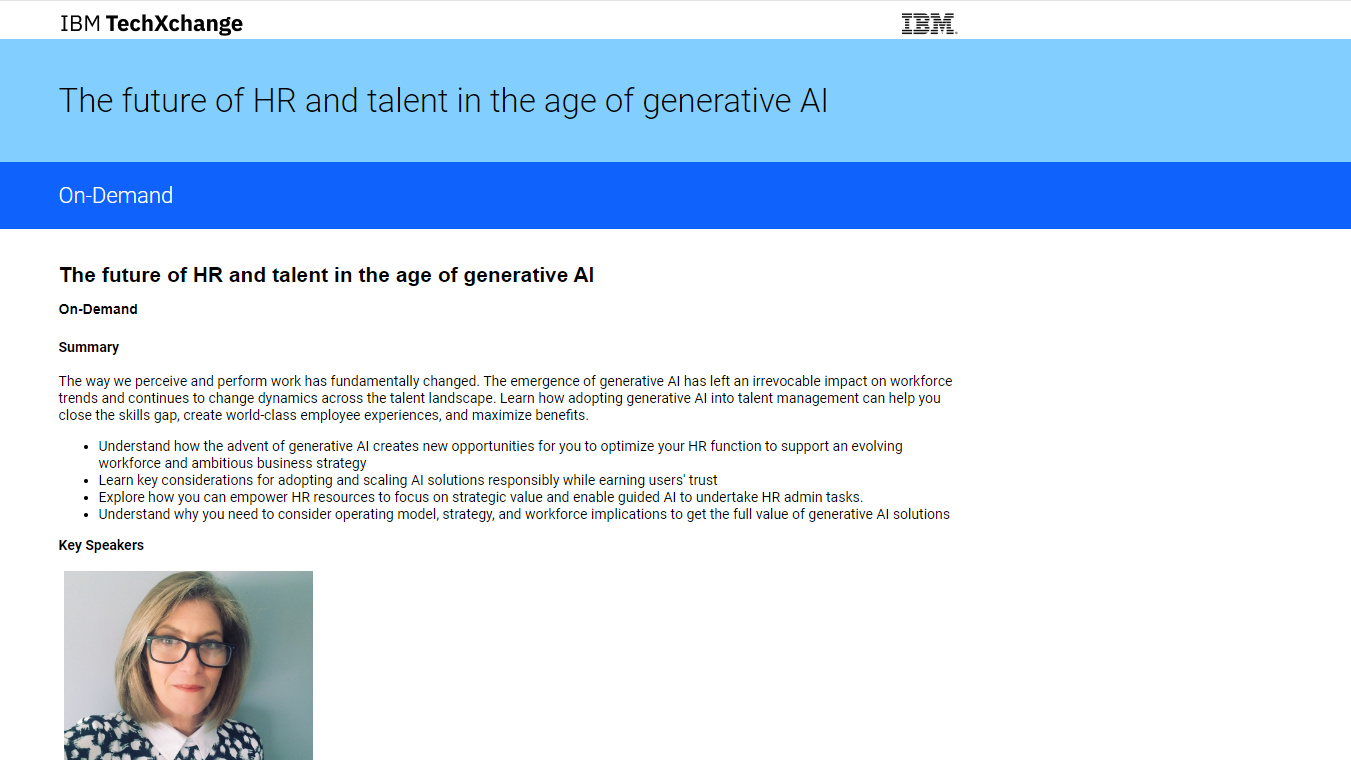
The acquisition represented the latest startup to join a growing list of purchases by the firm, but so what? Bloomberg noted that, in addition to AI-supported manufacturing capabilities, DarwinAI has also been working on techniques to make AI models faster and smaller.
Given the launch of Apple MLX in December, which specifically centers around harnessing Apple Silicon for on-device generative AI development, the acquisition could highlight another building block in Apple’s foundational development.
Apple MM1 is its biggest AI project yet
Within days of the DarwinAI speculation, the industry gained its biggest glimpse into Apple’s generative AI work to date – and it’s this that should have alarm bells ringing for major players such as Microsoft or Google.
A research paper by Apple engineers, quietly posted online on 15 March indicates the tech giant is working on the development of its own generative AI model, MM1.
MM1, according to the paper, is a multimodal large language model, which means it is trained on - and capable of working with - both text and images.
The research paper details instances in which the model answered questions about specific images and provided answers to queries in a fashion similar to ChatGPT. Based on early signs, it appears capable of going toe-to-toe with other models such as Meta’s Llama 2 or Google Gemini.
The launch of an in-house multimodal LLM by Apple would represent a step change in the company’s current AI trajectory and position the company in direct competition with Google or Microsoft.
But again, industry and consumers alike will be left waiting with bated breath for any further details on this, with Apple remaining firmly tight-lipped about its activities in this domain.
There’s nothing wrong with the strong, silent type
There’s no doubt that this approach is frustrating. Businesses that have invested in the Apple ecosystem want to know what the company is working on in terms of potential AI features in upcoming devices, particularly as rival platforms settle in with AI tools of their own.
But this is a breath of fresh air for the sector. Since November 2022 and the release of ChatGPT, the industry has been bombarded with news on generative AI and there’s been no shortage of controversy.

Google began 2024 fighting on all fronts amid criticism of its Gemini models after image generation tools sparked a frenzy online. The firm’s decision to rebrand Bard and Duet AI as ‘Gemini’ tools as part of a soft relaunch for its AI range also raised questions about exactly how Google plans to package its AI offerings in the year ahead.
Google isn't the only one of Apple’s competitors mired in drama linked to its AI ambitions. Microsoft, the leading figure in the generative AI boom at present, has been subject to intense regulatory scrutiny over its ties to OpenAI, which itself was plunged into absolute chaos in November 2023 during Sam Altman’s ousting and eventual return.
Apple’s quiet, measured, and deliberate approach to AI development comes in stark contrast to the cacophony everyone is contending with at present. Maybe the strong, silent type is exactly what the industry needs.

Ross Kelly is ITPro's News & Analysis Editor, responsible for leading the brand's news output and in-depth reporting on the latest stories from across the business technology landscape. Ross was previously a Staff Writer, during which time he developed a keen interest in cyber security, business leadership, and emerging technologies.
He graduated from Edinburgh Napier University in 2016 with a BA (Hons) in Journalism, and joined ITPro in 2022 after four years working in technology conference research.
For news pitches, you can contact Ross at ross.kelly@futurenet.com, or on Twitter and LinkedIn.
-
 Cleo attack victim list grows as Hertz confirms customer data stolen
Cleo attack victim list grows as Hertz confirms customer data stolenNews Hertz has confirmed it suffered a data breach as a result of the Cleo zero-day vulnerability in late 2024, with the car rental giant warning that customer data was stolen.
By Ross Kelly
-
 Lateral moves in tech: Why leaders should support employee mobility
Lateral moves in tech: Why leaders should support employee mobilityIn-depth Encouraging staff to switch roles can have long-term benefits for skills in the tech sector
By Keri Allan
-
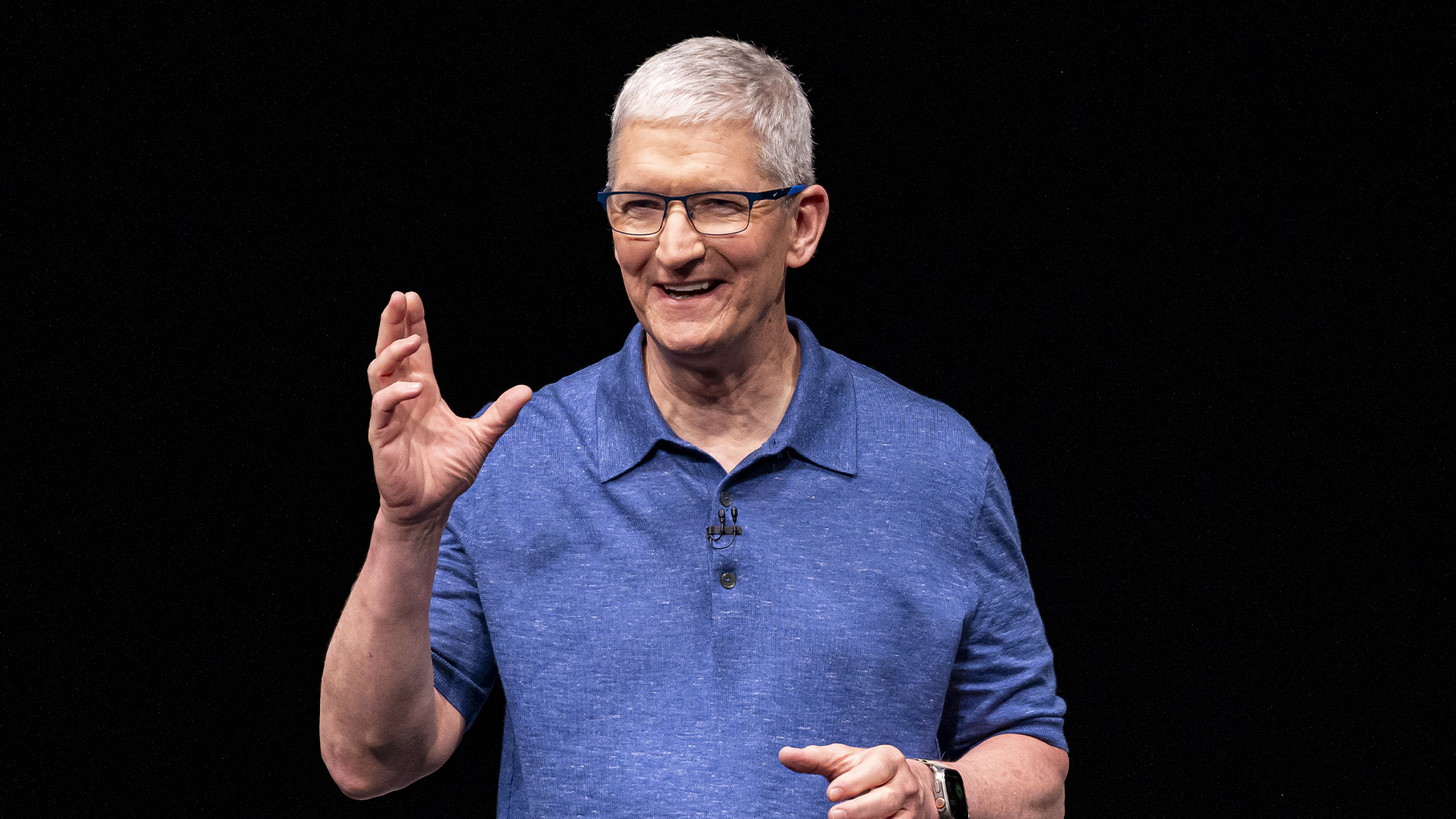 Apple: Our AI data was gathered responsibly
Apple: Our AI data was gathered responsiblyNews Apple is keen to quell concerns over the source of the data used to build its AI models
By Nicole Kobie
-
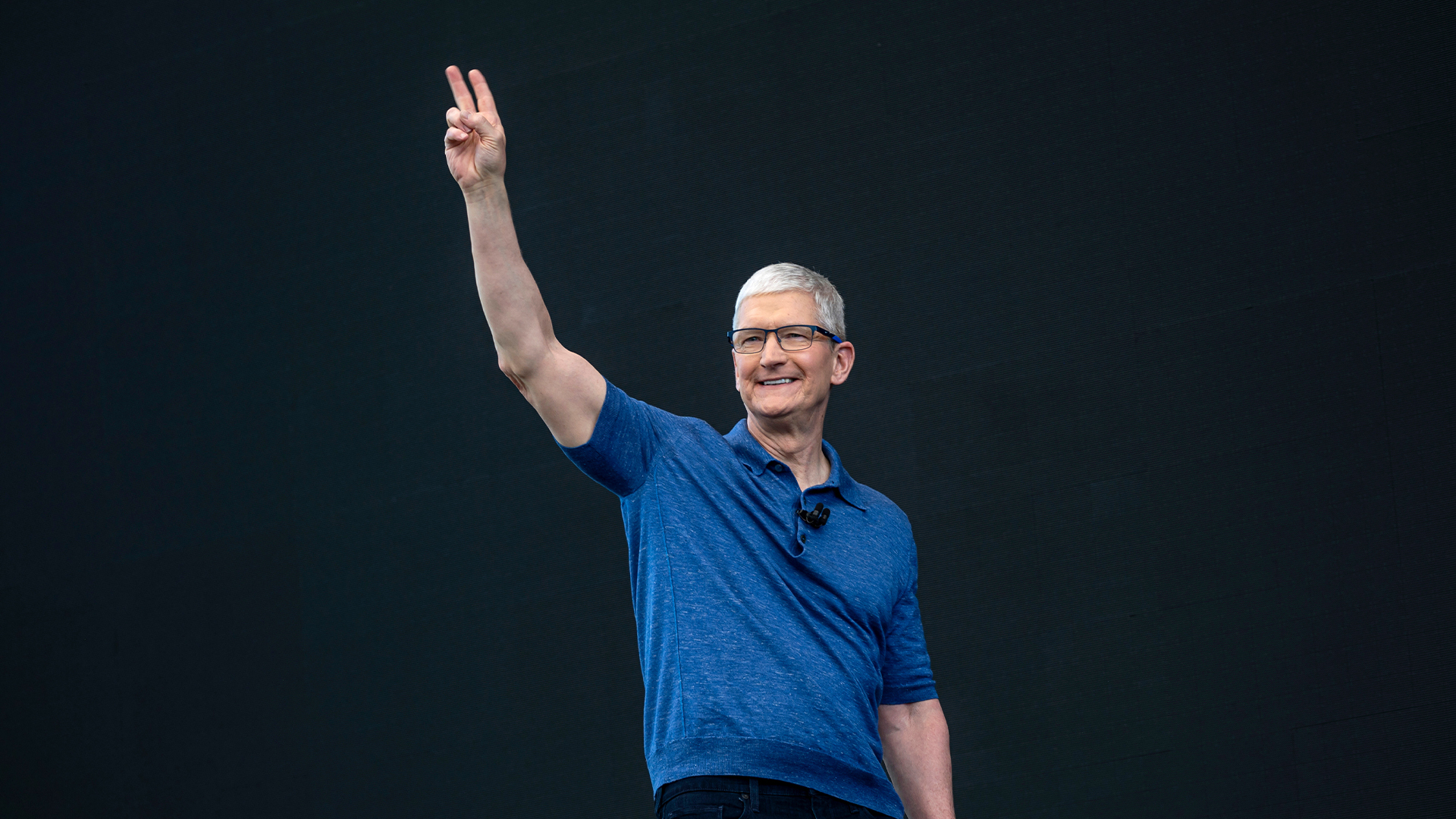 Big tech’s sleeping giant has finally entered the generative AI arena
Big tech’s sleeping giant has finally entered the generative AI arenaAnalysis Apple unveiled a raft of new AI-powered tools and features at its WWDC conference this week
By Ross Kelly
-
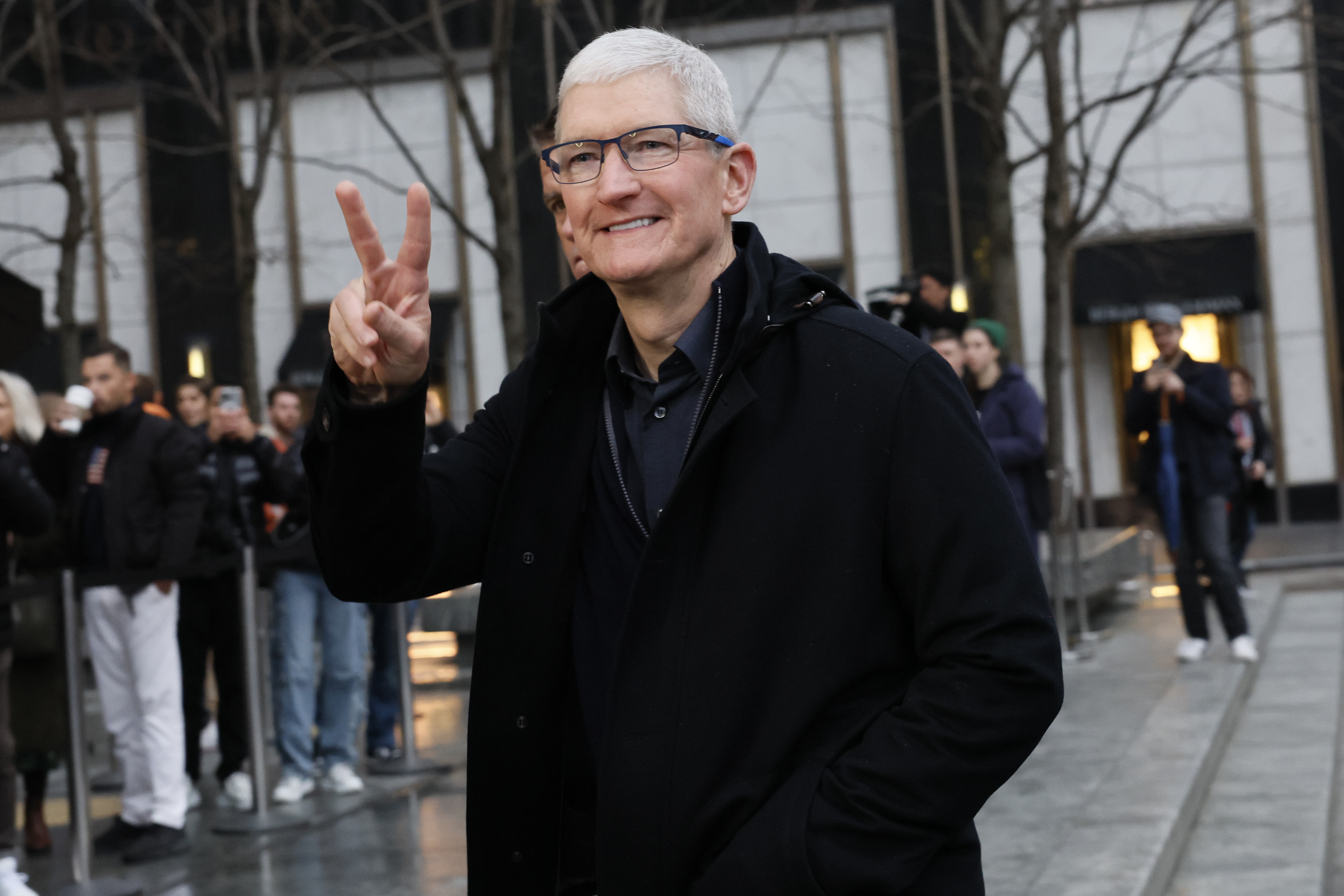 Apple is working on an AI coding tool similar to GitHub Copilot - and it could be a game changer for its generative AI ambitions
Apple is working on an AI coding tool similar to GitHub Copilot - and it could be a game changer for its generative AI ambitionsNews The AI coding tool from Apple will function in a similar way to GitHub Copilot, and would mark a major foray into the generative AI race for the tech giant
By Ross Kelly
-
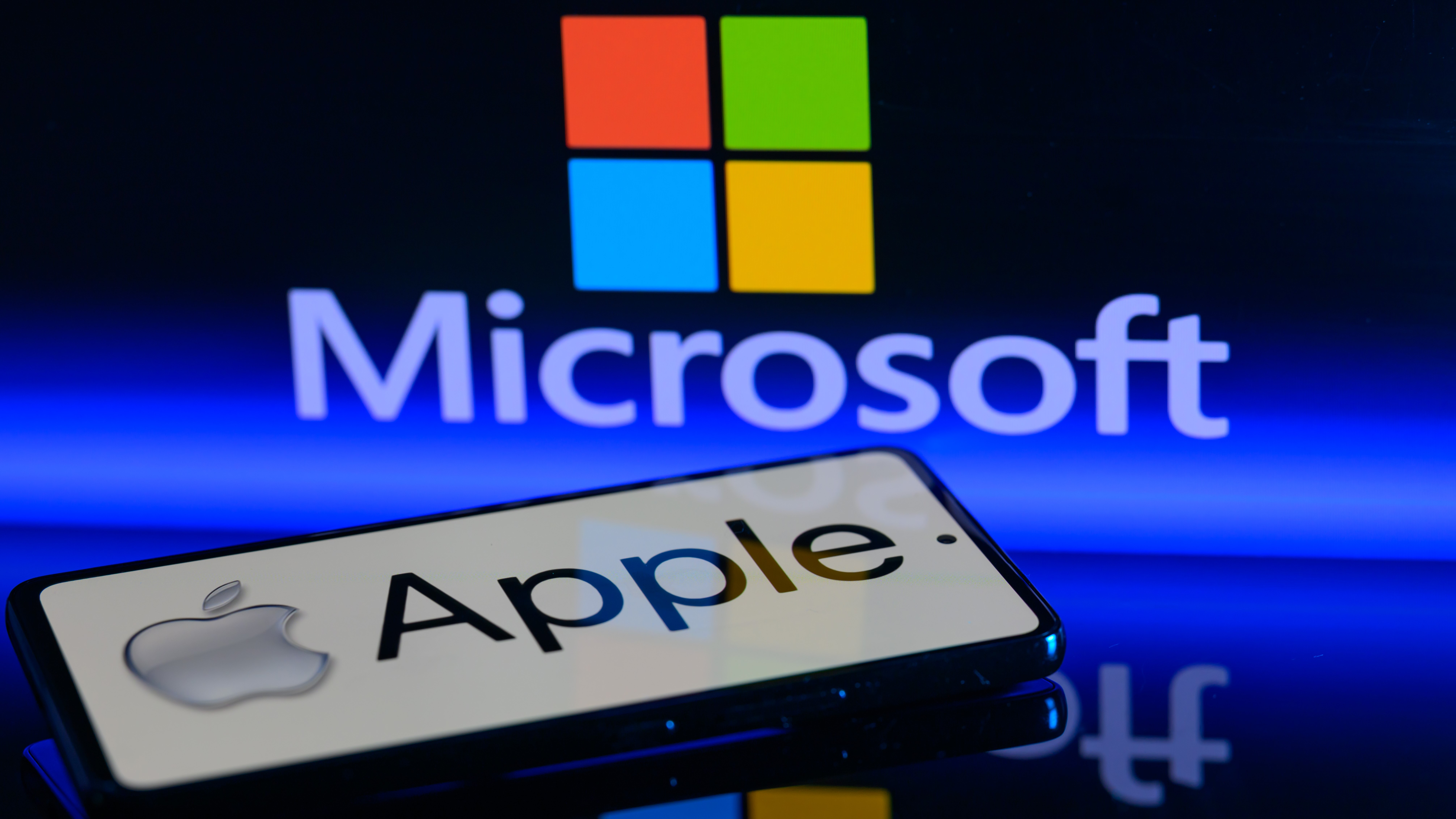 Generative AI has been the secret sauce for Microsoft as its market cap surpasses Apple
Generative AI has been the secret sauce for Microsoft as its market cap surpasses AppleAnalysis Microsoft has ramped up generative AI investment over the last year and its surging share price has been a reflection of its sharpened focus on the emerging technology
By George Fitzmaurice
-
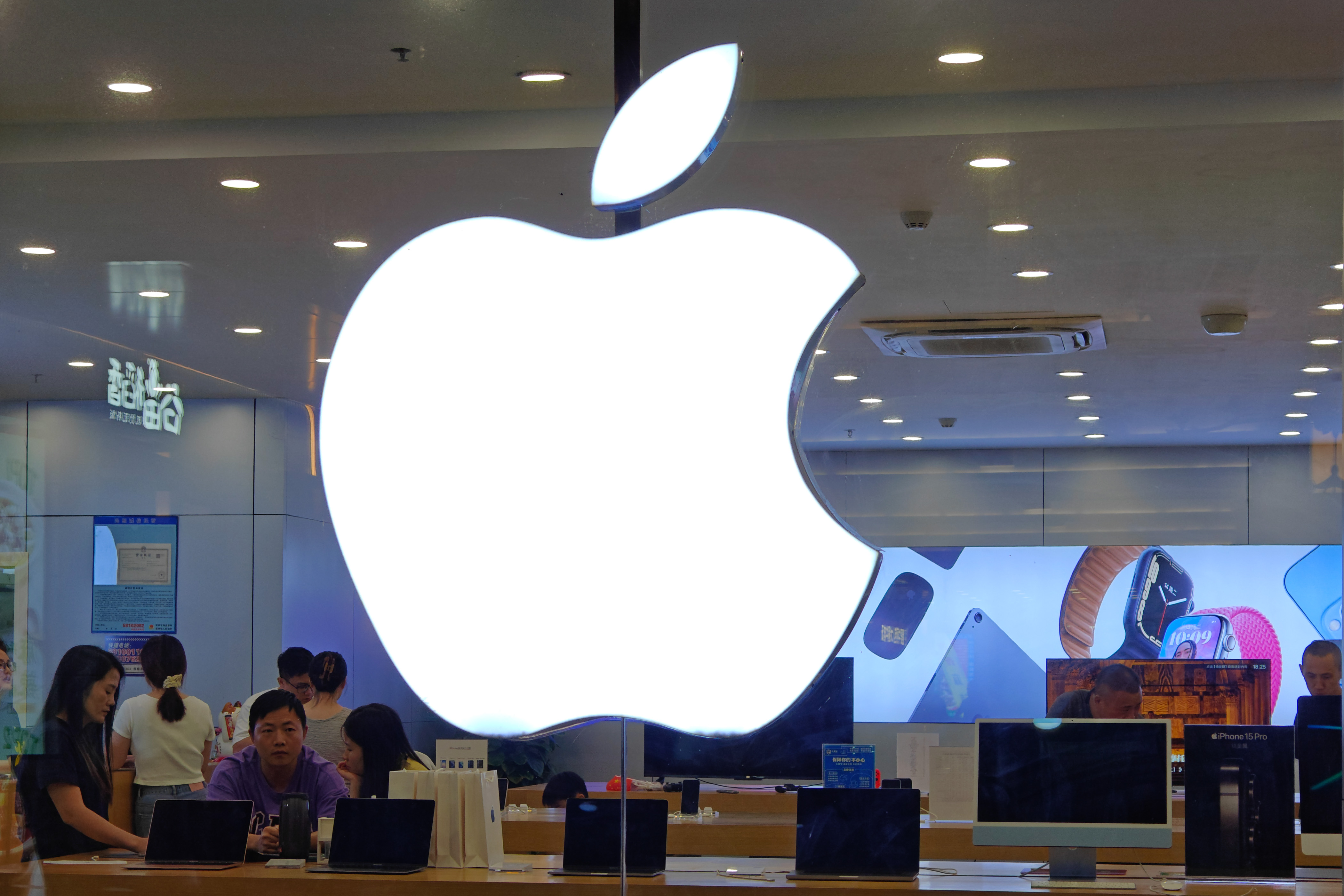 Apple just discreetly launched a raft of new machine learning tools, and they’re free
Apple just discreetly launched a raft of new machine learning tools, and they’re freeNews The launch of Apple MLX sheds light on the tech giant’s future approach to AI innovation
By Ross Kelly
-
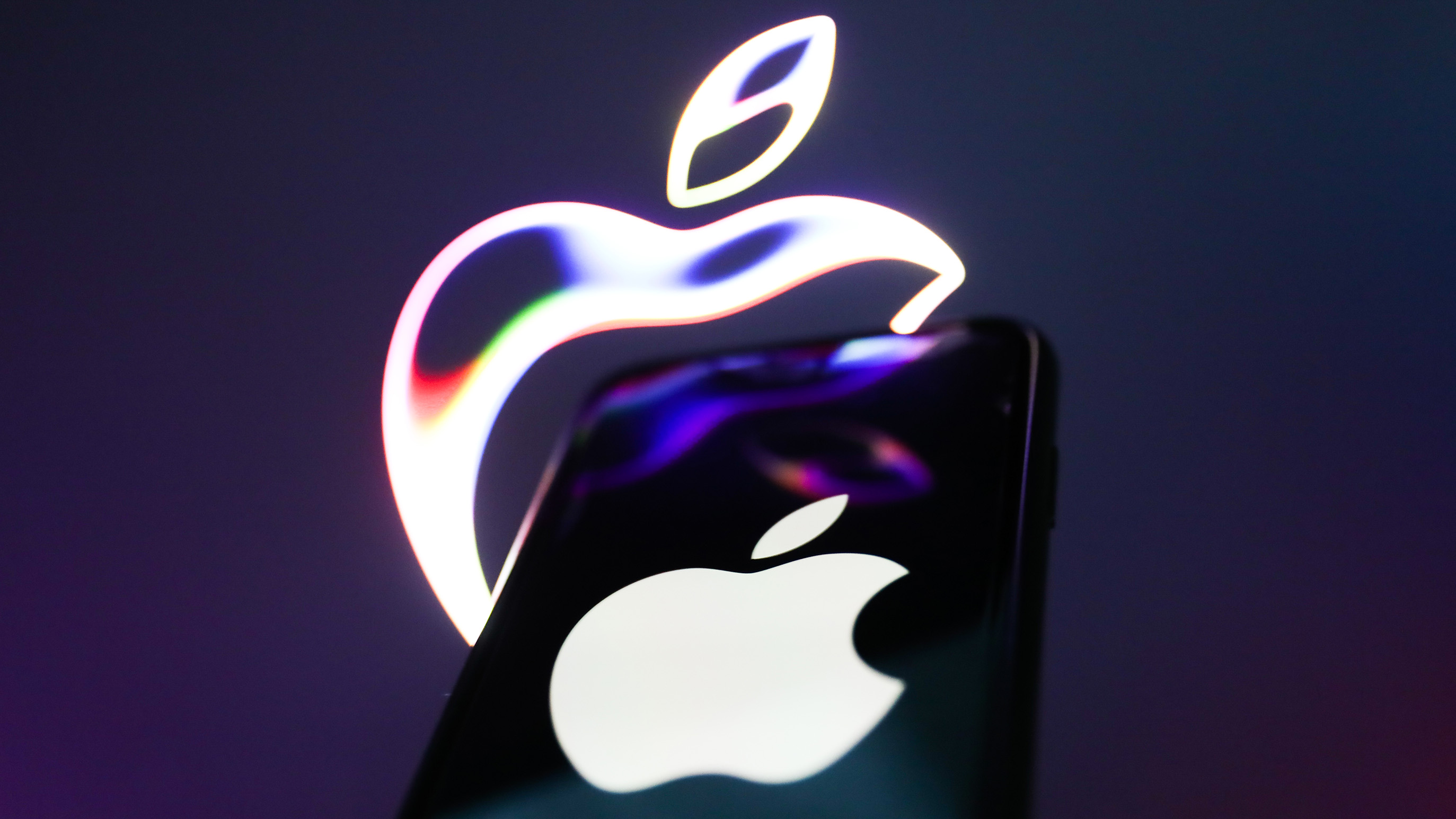 Why the Apple UK hiring spree "makes sense" for the tech giant
Why the Apple UK hiring spree "makes sense" for the tech giantNews Apple hopes its UK recruitment drive will supercharge AI development goals
By Rory Bathgate
-
 Why 2024 won’t be the year of AR, VR or any kind of immersive tech
Why 2024 won’t be the year of AR, VR or any kind of immersive techIn-depth Whether it’s Apple’s Vision Pro or Meta’s continued metaverse push, many predict we’re at the turning point for mixed reality, but there’s little evidence to show for that
By Nicole Kobie
-
 Why Apple’s generative AI plan may see it abandon its closed-shop approach
Why Apple’s generative AI plan may see it abandon its closed-shop approachNews The last big tech AI holdout is keeping its cards close to its chest
By Rory Bathgate